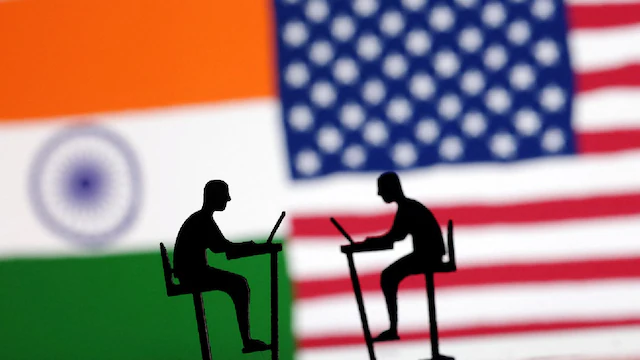Saturday, 2 August 2025

Image Source: News18
As India inches closer to announcing an interim trade deal with the United States, a quiet clause could carry outsized consequences for Indian agriculture. The proposed inclusion of genetically modified (GM) animal feed imports—notably soybean meal and distillers dried grains with solubles (DDGS)—has set off alarm bells in trade policy circles.
The Global Trade Research Initiative (GTRI) has sounded a stark warning: allowing GM feed imports could undermine India’s agricultural exports to the European Union, a market that prizes GMO-free supply chains. The EU may permit GM feed, but its regulatory regime is strict, its consumer base skeptical, and its retailers uncompromising. Even trace contamination can lead to rejected shipments, costly delays, and long-term reputational damage.
India’s agricultural exports to the EU—ranging from organic basmati rice to honey, tea, and spices—are built on a hard-won image of being GMO-free. That image, GTRI cautions, is now at risk. India’s fragmented agri-logistics, coupled with an absence of robust segregation and traceability infrastructure, make cross-contamination a real and present danger.
This isn’t just about science; it’s about market perception, trade competitiveness, and long-term strategy. The scientific consensus may hold that GM feed doesn’t alter the end produce—milk, meat, or eggs—but for discerning EU consumers and retailers, the perception of GM association is often as damaging as the reality. India cannot afford to blur that line.
There is also a deeper dilemma at play: the creeping normalisation of GM products in Indian food systems, despite public discomfort and regulatory conservatism. While Bt cotton remains India’s only approved GM crop, the backdoor entry of GM feed could quietly erode long-standing trade principles and food ethics. Once GM products are in the supply chain—via feed, not food—the distinction becomes murkier, and the door swings wider.
Even if imports are limited to non-edible feedstock, the consequences would cascade. Exporters may face higher compliance costs, more rigorous testing, and unpredictable rejections, particularly in niche markets where India still holds premium positioning.
None of this is to dismiss the strategic importance of a U.S.-India trade agreement. However, any pact that prioritises short-term access over long-term agri-export stability is a Faustian bargain. Trade policy must not be blind to the complex interlinkages between domestic policy, international perception, and consumer sovereignty.
In today’s climate-conscious, label-reading world, India’s GMO-free status is a market differentiator. Losing it could be far costlier than any tariff reduction the U.S. has to offer.